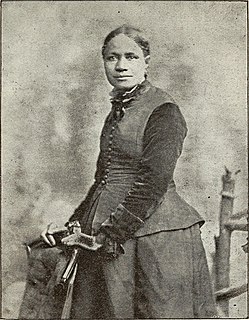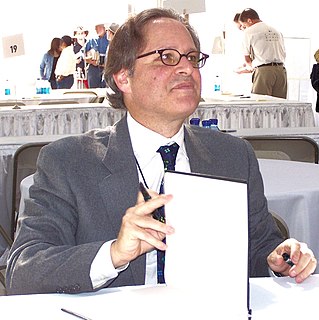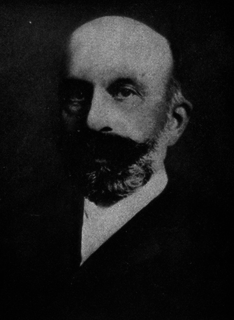A Quote by Rick Perlstein
The history of American higher education over the twentieth century is an extraordinary one, the story of the creation of a powerhouse set of institutions that are the envy of the civilized world. Once they were the province, both among the student and faculty bodies, of children of privilege, generally WASPs.
Related Quotes
In part, it's almost surely a failure of modern education, whether K through 12 or higher education, or really both. Barack Obama went to Ivy League institutions like Columbia, which are reputed to be among America's top colleges. And yet, this very recent product of those American institutions is not publicly articulating an appreciation of the American founding or the founders and their vision for America.
Until the Left took over American public education in the second half of the 20th century, it was generally excellent - look at the high level of eighth-grade exams from early in the 20th century and you will weep. The more money the Left has gotten for education - America now spends more per student than any country in the world - the worse the academic results. And the Left has removed God and dress codes from schools - with socially disastrous results.
Film is more than the twentieth-century art. It's another part of the twentieth-century mind. It's the world seen from inside. We've come to a certain point in the history of film. If a thing can be filmed, the film is implied in the thing itself. This is where we are. The twentieth century is on film. You have to ask yourself if there's anything about us more important than the fact that we're constantly on film, constantly watching ourselves.
I envy neither the heart nor the head of any legislator who has been born to an inheritance of privileges, who has behind him agesof education, dominion, civilization, and Christianity, if he stands opposed to the passage of a national education bill, whose purpose is to secure education to the children of those who were born under the shadow of institutions which made it a crime to read.
In the current environment, attributing low student performance to teacher tenure is one of the great unproven causal links out there. The relationship just hasn't been examined very carefully, but we should all recognize that in higher education the strongest institutions generally have the most robust tenure systems, and in elementary and secondary, the states with the strongest teacher unions (and tenure systems) tend to have the highest student performance.
In the middle of the nineteenth century, the United States embarked on a new relationship with death, entering into a civil war that proved bloodier than any other conflict in American history, a war that would presage the slaughter of World War I's Western Front and the global carnage of the twentieth century.
The 21st century looks different. It's been very disruptive. It has created a lot of insecurity. We have to adjust to that, because the 21st century has real promise. Now, the higher-paying jobs of this new century are fantastic. The problem is, you have to have some level of higher education, maybe not a four-year degree, but some level of higher education, to get those jobs.
Modernism really started with people getting infatuated with the idea of "it's the twentieth century, is this suitable for the twentieth century." This happened before the First World War and it wasn't just the soldiers. You can see it happening if you read the Bloomsbury biographies. It was a reaction to a great extent against Victorianism. There was so much that was repressive and stuffy. Victorian buildings were associated with it, and they were regarded as very ugly. Even when they weren't ugly, people made them ugly. They were painted hideously.








































